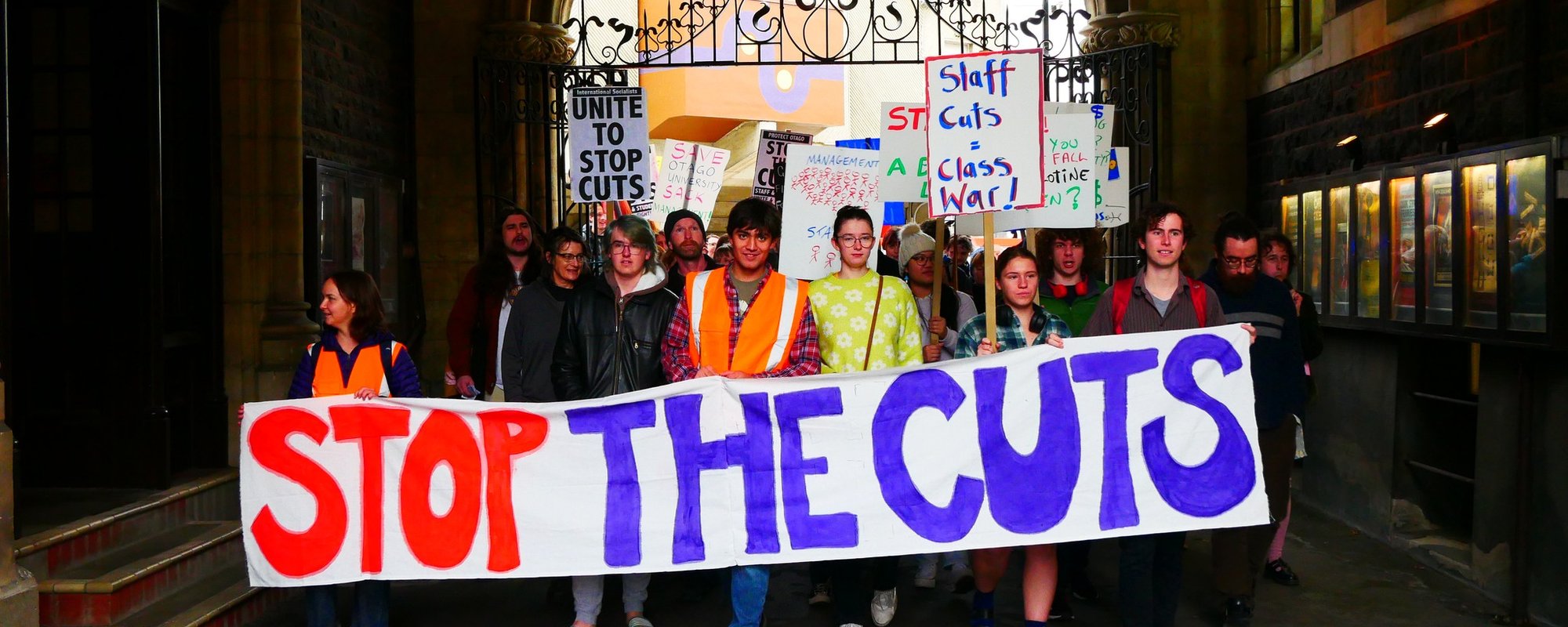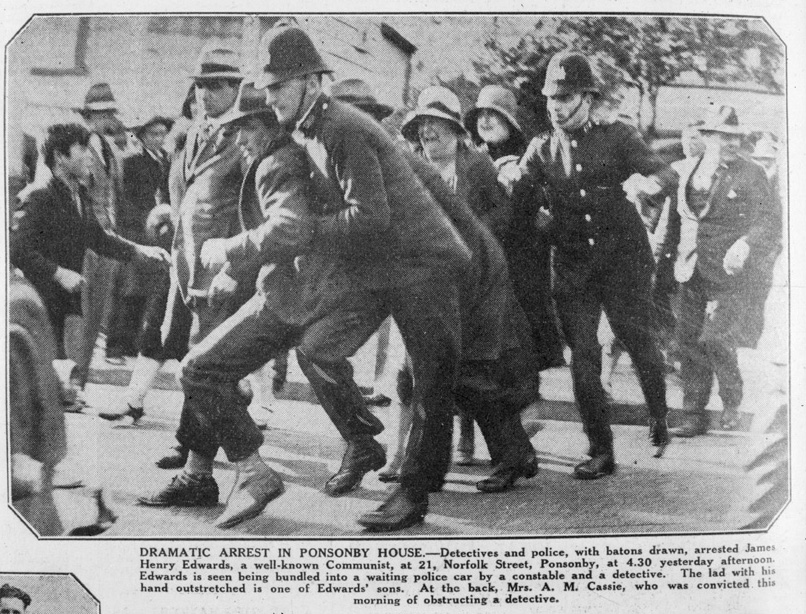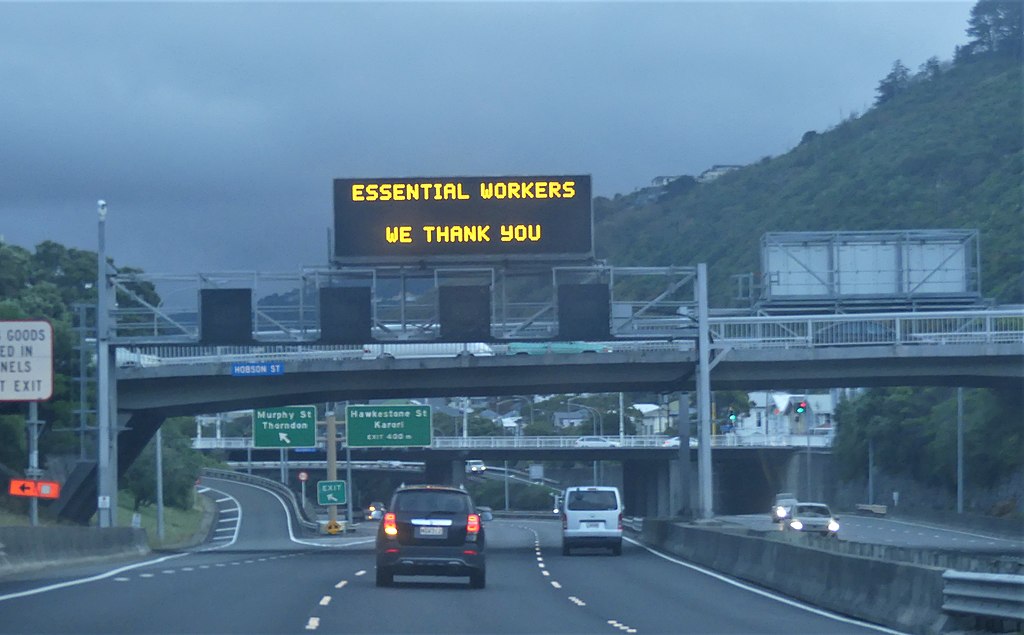For A ko te Alienation in Te Reo Māori
Consider the basic building blocks of society. Among the most fundamental of these is how we make and distribute the things that we need and want. The things you need in order to do this (the land, the tools, the resources) are called the means of production. Capitalism is a system where the majority of people are alienated from the means of production. We don’t have meaningful ownership or control over the land we stand on, the places we work, the things we produce, or even our own labour. The majority of us are forced to work for a living in circumstances we have little control over. There are very few areas where people have democratic control over what happens in society at large or in their own lives.
This has all sorts of practical implications. One of these is a miss-match between the things being produced in society, the way they are distributed, and the needs and desires of the majority of people. Alienation also has cultural implications. Alienation is a particularly important concept for us to understand in Aotearoa, as here the process of alienation meant colonisation. In Europe the birth of capitalism meant the closure of common lands and the coercion of the people out of peasant life and into capitalist production. In Aotearoa it meant the forceful, brutal removal of Tangata Whenua from their land and their way of life. Robbed of most of their land, the people had no choice but to sell their labour for a wage, competing with the new settler population. Capitalism, you see, also alienates us from each other. Loneliness, cultural disconnection, feelings of powerlessness and despair; these are some of the cultural ramifications of alienation, along with hostility, fear and resentment towards others.
Forced to live alienated lives, people yearn for a sense of self-determination, for meaningful work, for connection with others, and for the opportunity to be creative. Even under capitalism, these creative impulses find ways to break out, especially in moments of struggle. Socialists envisage a society where this creativity is unleashed; where people can exercise democratic control over their lives.







